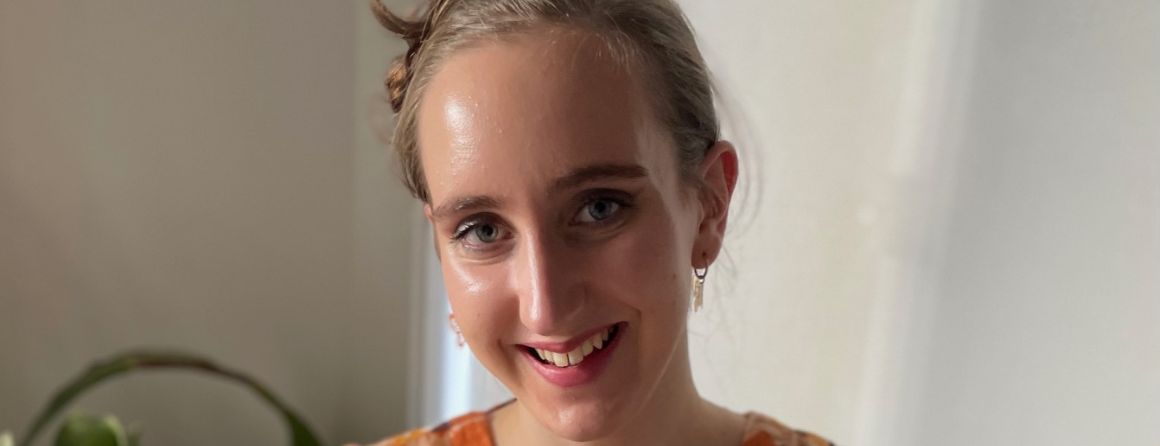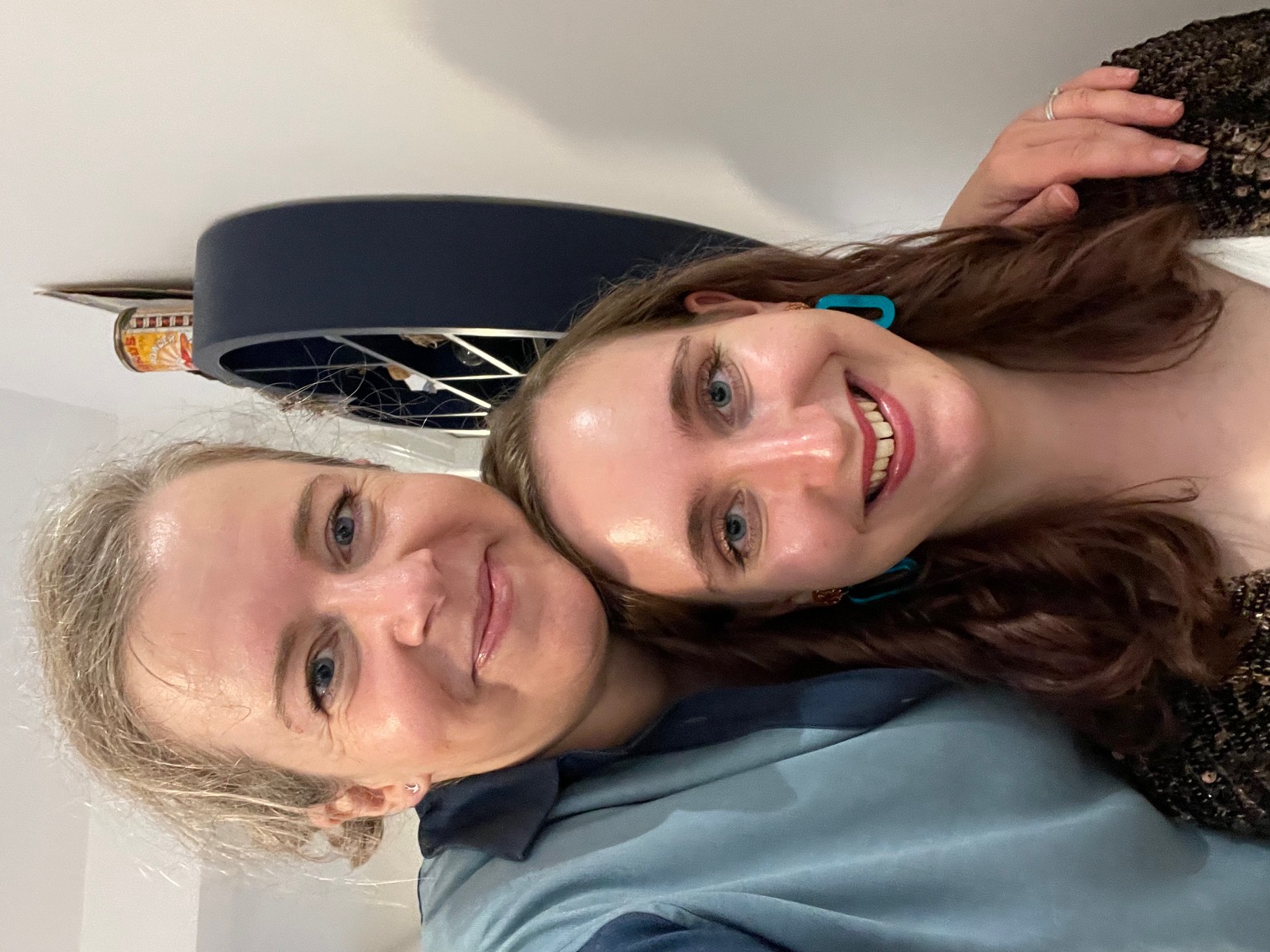Asking the right questions to prevent a lifetime of period pain

By Cathy Mollica
When our eldest daughter, Charlotte (pictured below), was nearing puberty we thought we had all the changes one’s body goes through covered. We had spoken to her about the physical and psychological differences she could expect. We assumed we were well prepared when Charlotte began menstruation at a slightly earlier age than average while still at primary school.
But we were left shocked when a routine GP appointment set us on the path to a diagnosis of endometriosis. It’s a condition where tissue that normally lines the uterus is found outside the uterus. It affects about one in every 10 Australians who menstruate and is associated with chronic pelvic pain and heavy periods.
In hindsight despite my intent to be open and direct I was not asking the right questions around what Charlotte was experiencing. On the cusp of her 14th birthday, we visited the doctor and during a conversation around her menstrual cycle I began to realise what my daughter had been managing so valiantly with very little complaint. Our GP suggested an ultrasound to rule out any other condition. Within just a few days of the ultrasound we had our answer.
Reflecting on that time there are a few things that stand out. The first is gratitude to our GP who had long impressed me with her respectful, thorough, warm and consistent care. It’s rare for endometriosis to be picked up in someone so young and on top of that the average time for diagnosis is more than five years. Through some good fortune we were also able to secure an ultrasound appointment within 24 hours. The appointment itself was calm and considered. We felt listened to, supported and cared for during what might have felt like a routine workday for staff.
And most significant is the bravery and resilience in my daughter. We spent a lot of time talking after the diagnosis and naturally she asked me questions about what I knew about treatment and prognosis. I assured her I would be her ally and supporter and that together we would walk the path.

The diagnosis has brought other things to light too. Charlotte chose to join Murdoch Children’s Research Institute’s LongSTEPPP Project that aims to improve the care and management of endometriosis and period and pelvic pain. Charlotte is keen to contribute to any learning that could improve the diagnosis, treatment and prognosis for other young people. We are extremely fortunate to see Professor Sonia Grover, who is leading the project, as each appointment with her is like a soothing balm for Charlotte.
Our time with Professor Grover has highlighted that although I considered myself informed, my own menstrual experiences and expectations meant I overlooked the more detailed questions that could have helped Charlotte sooner, such as how heavy her bleeding was.
In families without a history of the type of pain and bleeding my daughter experienced, it’s easy to minimise the experience. “Oh, yes, well everyone gets tummy pain”. Equally, when generations of women have lived with potentially undiagnosed menstrual issues including endometriosis it would be easy to normalise the pain and experience our young people live with. What Charlotte was living with was neither normal nor something that just had to be tolerated. I wish I’d asked things like how frequently she needed to change menstrual products or to rate the pain over the course of the month.
I believe that without the attention and care of our GP, her endometriosis would not have been picked up. Without understanding what she was experiencing, Charlotte would likely have avoided some opportunities for fear of how to manage her unreliable menstrual cycles. Instead, she has the confidence to try brave new things like a two week trip to Cape York last year.
We are so appreciative to have access to the support we need to help Charlotte. I encourage all carers of young people to ask more open and direct questions. Find out how our young people are managing their menstrual cycles and how pain impacts them so they don’t have to walk the path alone.
The LongSTEPPP project, recruiting via 20 hospitals nationally, is seeking those aged between 10-18 years, who experience period or pelvic pain and endometriosis and have been referred to a gynaecologist.
Find out more about the LongSTEPPP project or register your interest today.
